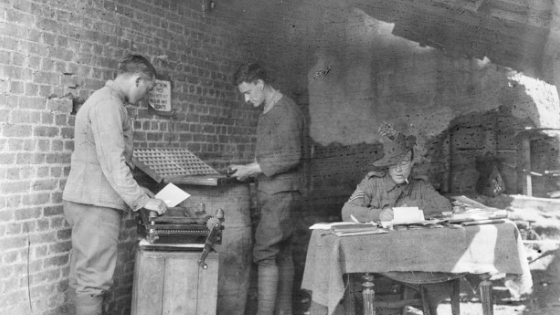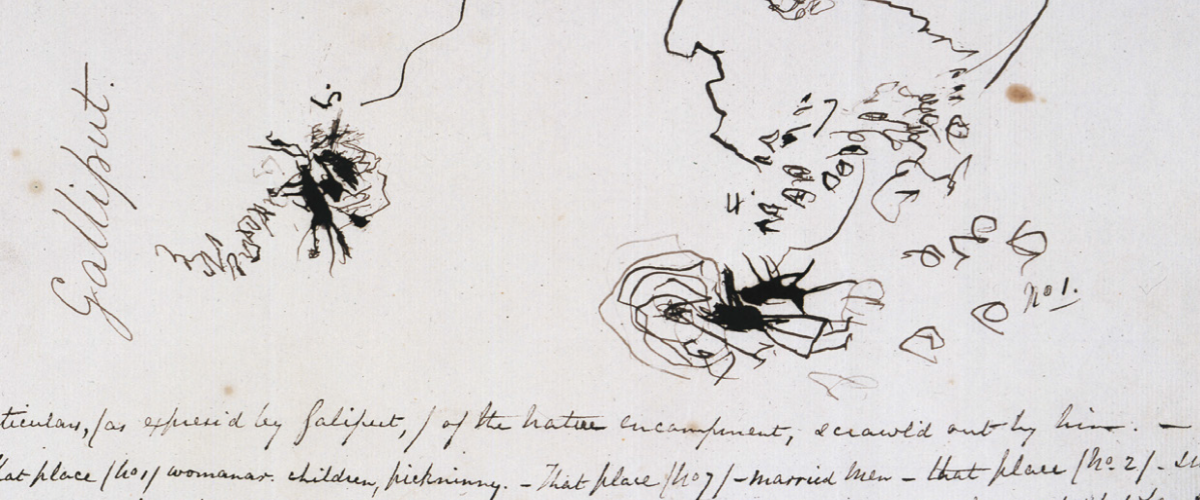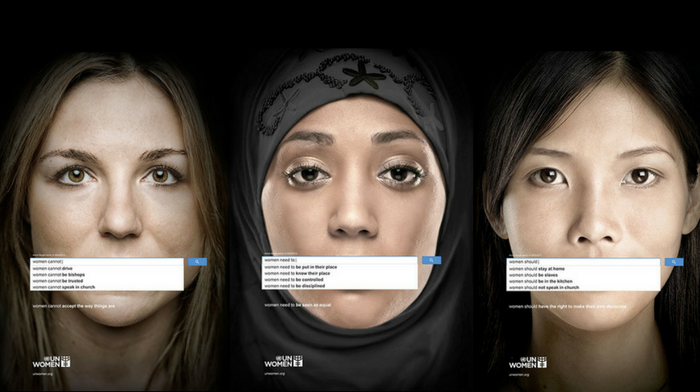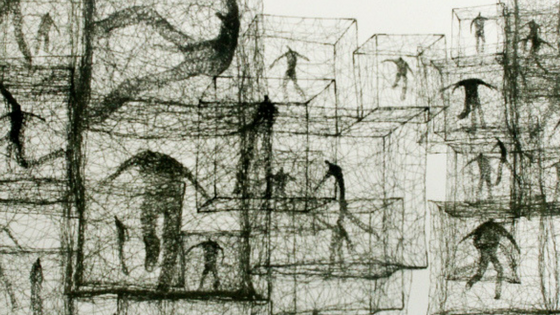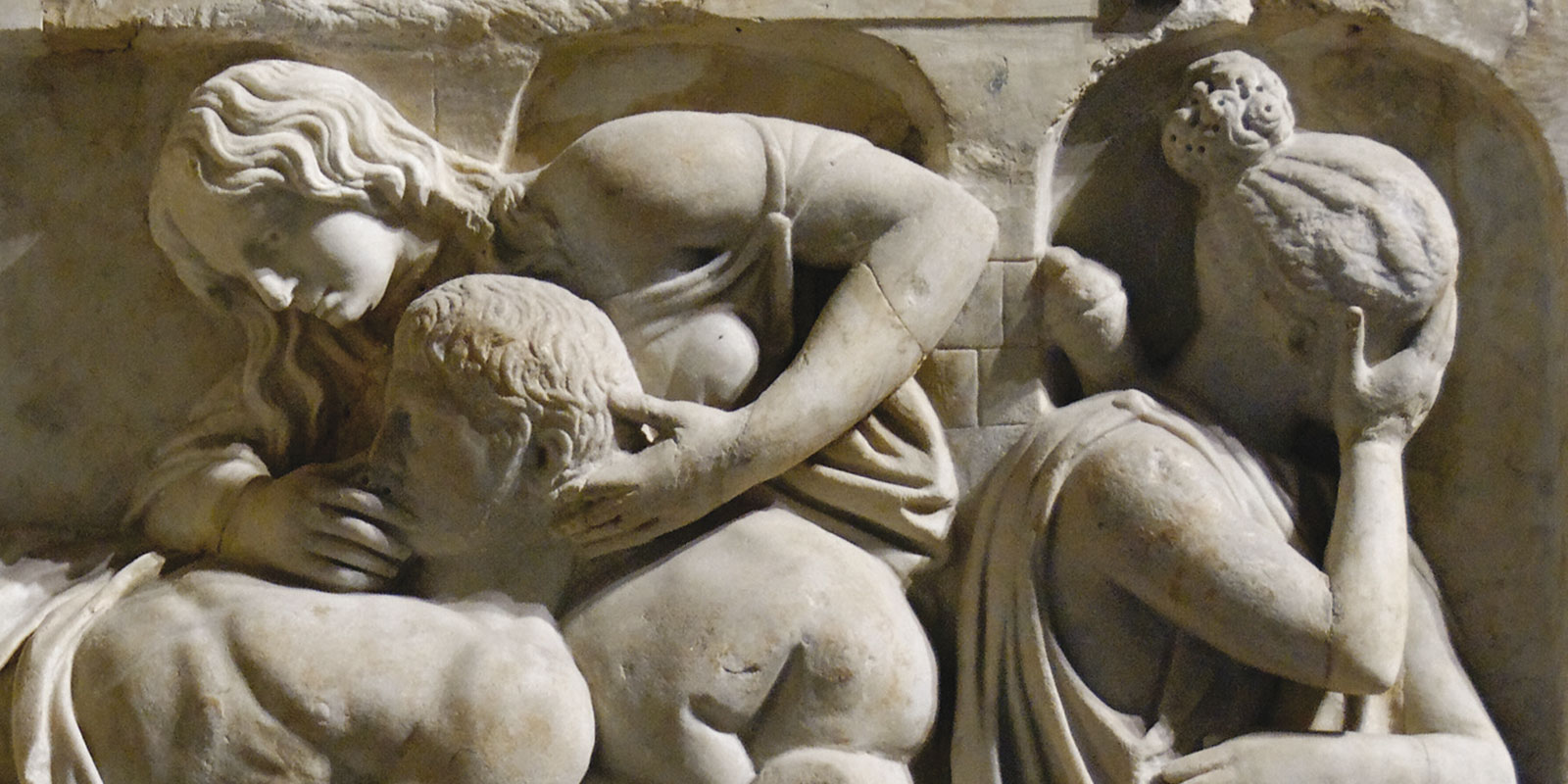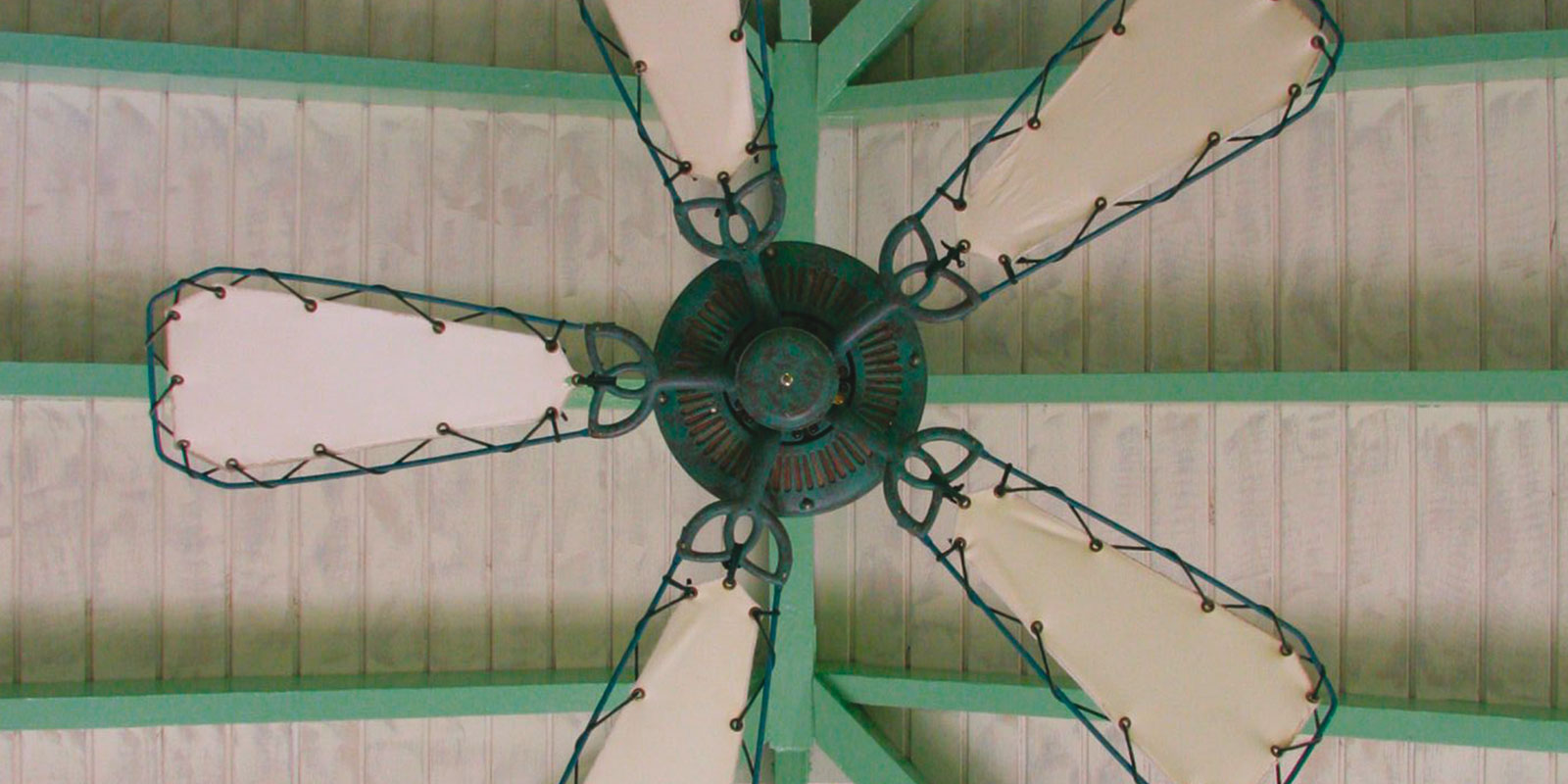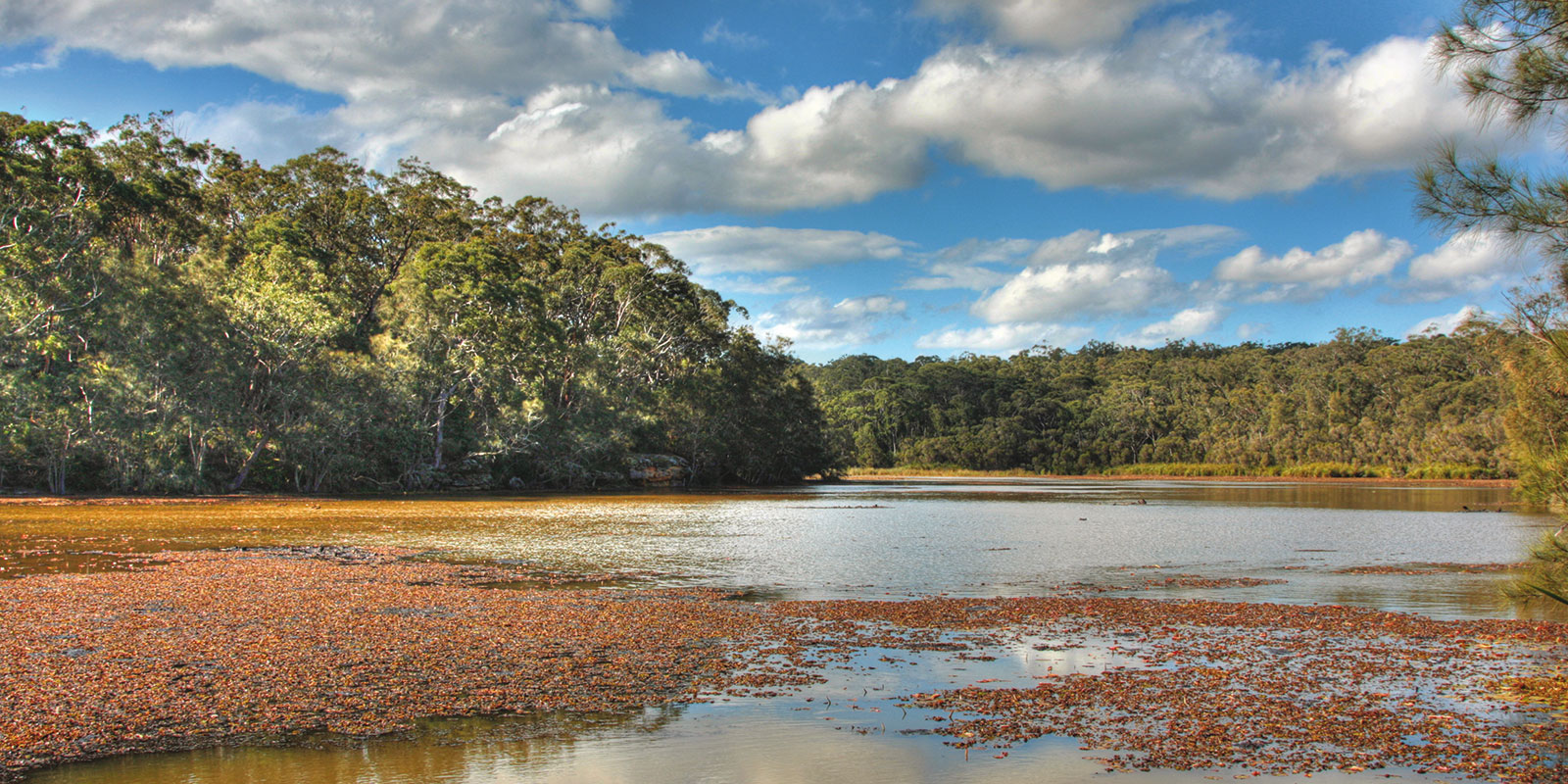Soldiers harnessed the power of writing, language and humour to make sense of their experience of the Great War.
Power of the humanities
Explore stories about the social benefits and impact of the Humanities and the remarkable outcomes that can be achieved when humanities researchers collaborate on national and global challenges. Visit our Newsroom to explore stories about our people, community and research.
9th edition of The Journal of the Australian Academy of the Humanities. Established in 2010, Humanities Australia is the Academy’s flagship journal, showcasing some of the outstanding research and writing being carried out by our Fellows. It is an essential part of our commitment to supporting excellence in the humanities and communicating their value to the public.
By Academy President, Professor Joy Damousi. First published in The Australian, 13 June 2018.
9th edition of The Journal of the Australian Academy of the Humanities. Established in 2010, Humanities Australia is the Academy’s flagship journal, showcasing some of the outstanding research and writing being carried out by our Fellows. It is an essential part of our commitment to supporting excellence in the humanities and communicating their value to the public.
This article presents reflections on a recent workshop convened by Professor Moira Gatens FASSA FAHA, Dr Millicent Churcher and Professor Danielle Celermajer from the University of Sydney. The workshop Institutional Transformation: Imagination, Affect, and Embodiment explored the role of affect in establishing, sustaining, and transforming (both good and bad) institutional structures and practices.
Andrew Puglisi’s father, Bob, trawled for prawns 280 days of the year, pulling in up to 2,000 tonnes from the clear, cold waters of South Australia’s Spencer Gulf. Andrew works just 50 days a year but harvests a similar quantity, thanks to his local fleet targeting only the largest prawns, leaving smaller ones to mature and spawn.
The changes—which Puglisi and his fellow fishermen implemented after they realised that stocks were seriously depleted—have led the Marine Stewardship Council (MSC) to certify their fishery as sustainable.
Grief is a universal marker of humanity, and the pain of bereavement and loss was felt as keenly in Ancient Greece and Rome as it is today. Han Baltussen FAHA is studying how the ancients wrote about grief and consolation, and he believes their works contain important lessons for modern society. Chief among them, he says, is the therapeutic power of language.
In the sweltering climates of Southeast Asia and the Arabian Gulf, air-conditioning has become the norm. Yet for millennia, people drew on local knowledge to dress and live and sleep in ways that kept them cool. Tim Winter, a sociologist at Deakin University, is researching the ‘cool living heritage’ of Singapore, Melaka and Qatar—traditional social and cultural practices which could, he believes, offer low-carbon alternatives to air-con.
Once heavily polluted, the Georges River—one of Sydney’s great waterways—remains a fragile resource. These days its water quality is monitored not only by environmental scientists but by Iraqi Mandaeans.
For Mandaeans, followers of an ancient Middle Eastern religion, regular immersion in fresh flowing water is an important religious ritual. In Sydney, their favourite spot is the Nepean River. However, they closely observe other waterways, making them sometimes better informed than their longer-established neighbours.
A study examining how wheat farmers handled the last major drought has delivered new insights into their capacity to deal with climate change, and guidance on how they can be helped to adapt.
Lesley Head, a geographer at the University of Wollongong, has found that climate is only one of many interlinked challenges facing wheat farmers in New South Wales (NSW). Understanding this complex, multi-faceted picture, rather than viewing climate change as a separate, discrete issue, is key for policymakers, she believes.
For the Stolen Generations, still traumatised by the recent past, truth-telling can help in small but significant ways. Anna Haebich, 2017 recipient of our Ernst and Rosemarie Keller Fund, has made truth-telling her mission for nearly three decades. Professor Haebich, a historian at Curtin University, published For Their Own Good, about Aboriginal policy in Western Australia, in 1988. That was followed in 2000 by Broken Circles, a comprehensive national history of child removals.
The latter grew out of the heartbreaking story of Louis Johnson, which Haebich and a colleague, Steve Mickler, subsequently re-told in A Boy’s Short Life, published in 2014.

